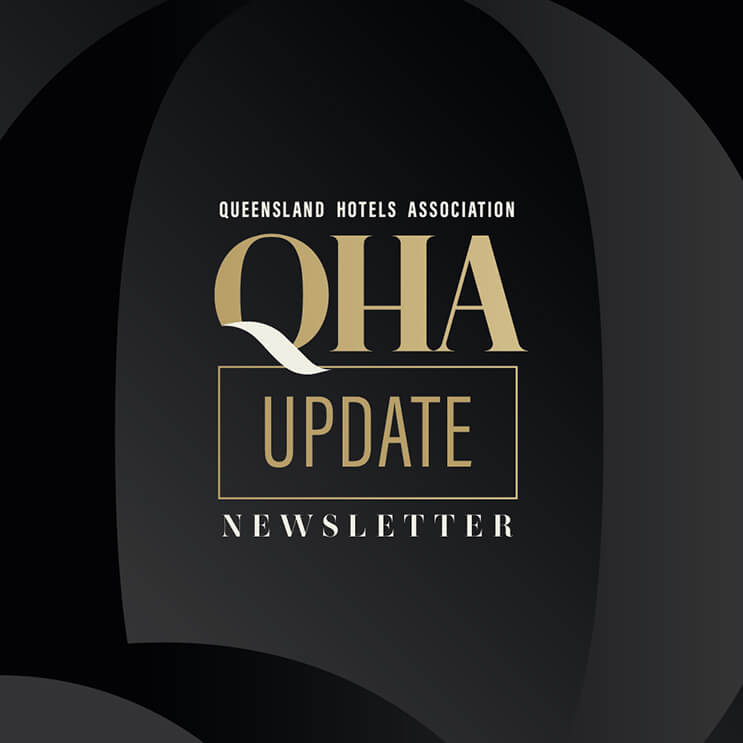On 1 January 2025, the Fair Work Act 2009 (Cth) was varied, making it a criminal offence to intentionally underpay an employee.
While this is a significant change to Australian employment laws, this is not new for Queensland employers. Queensland employers have faced the possibility of criminal prosecution for deliberately underpaying their workers for some time now. In 2020, the Queensland Criminal Code was amended, and the definition of stealing was expanded, making it a crime to ‘intentionally’ fail to pay prior wages and entitlements.
What is the new offence under the Fair Work Act 2009?
A new section has been inserted into the Fair Work Act 2009 that outlines the four elements of the criminal offence. They are:
1. The employer is required to pay an amount to, on behalf of, or for the benefit of, an employee under the Fair Work Act 2009,a fair work instrument (for example, the HIGA or an enterprise agreement), or a transitional instrument;
2. The required amount is not an “excluded amount”(as defined in the Fair Work Act 2009);
3. The employer engaged in conduct; and
4. The conduct results in a failure to pay the required amount to, on behalf of, or for the benefit of, the employee in full on or before the day when the required amount is due for payment.
The first two elements are “absolute liability provisions”. This means that the employer’s intention will be irrelevant . The only question to be answered is whether the unpaid amount was required to be paid to the employee or not. The list of “excluded amounts” is short, and includes superannuation contributions, certain long service leave payments, and payments in respect of jury duty leave.
The last two elements are different. The employer’s intention will be the primary consideration. If there is no intention to underpay, the employer will not have committed the offence. This means that payments that are accidental, inadvertent or a genuine mistake will not be caught by the new offence.
However just because an underpayment is not criminal, this does not mean employers are off the hook. Employers can still face civil penalties for wage underpayments. From 1 January 2025, the maximum penalty can be the greater of:
- 3 times the value of the underpayment
- The relevant penalty unit amount for the contravention.
What should employers be doing
As mentioned above, the criminalisation of deliberate underpayment is not a new concept for Queensland employers. Therefore, most readers of this Bulletin will already have compliant payroll processes.
However, with this new criminal offence in the Fair Work Act 2009 (Cth), members are encouraged to:
- Review any awards or enterprise agreement that apply to their workplace. For most readers, the Hospitality Industry(General) Award 2020 is the applicable award;
- Ensure job classifications are correct across all roles; and
- If necessary, perform an audit of the business to confirm whether your payroll processes are compliant and correctly applying the applicable pay rules.
Members are reminded that QHA develops Wage Guides each year for awards commonly used by our members. If you require a current wage guide for 2024-2025, please contact er@qha.org.au
| Any questions? The QHA’s Employment Relations team will be available to discuss any questions or concerns about these changes. Please contact the ER Department team on 07 32216999 or er@qha.org.au. |

